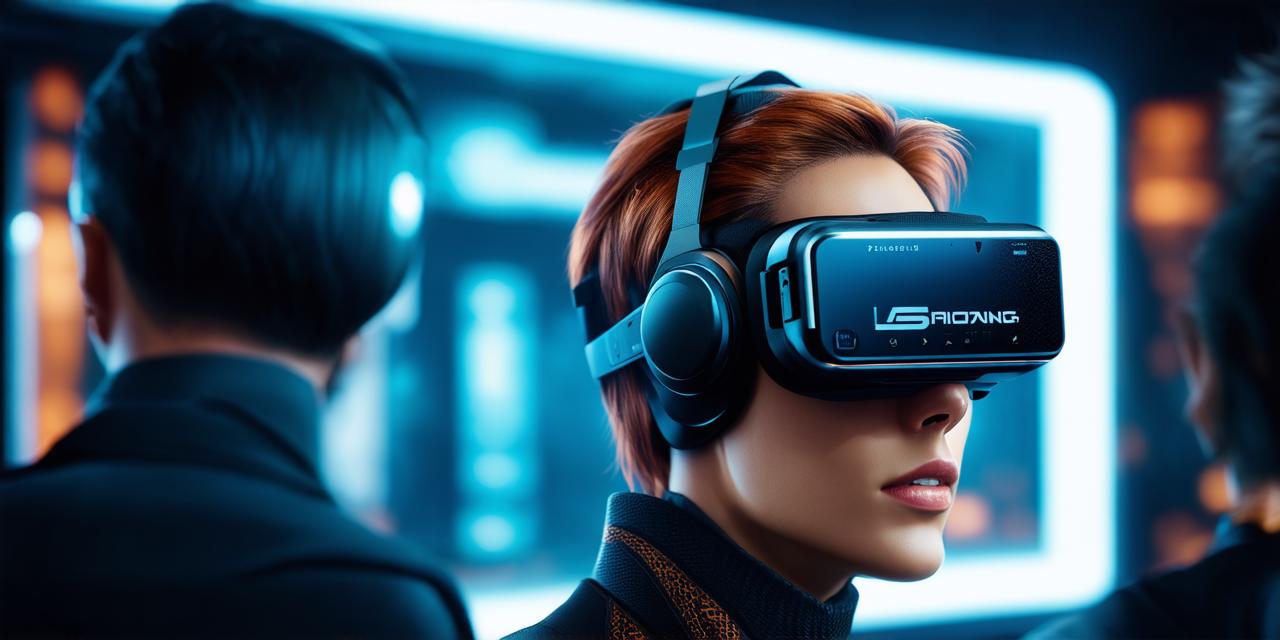Virtual reality (VR) technology has come a long way since its inception, and it’s now an established part of the gaming, entertainment, and even education industries. As a developer, you might be curious about how to get started with VR development. In this article, we’ll guide you through the process of exploring virtual reality and provide you with some tips to help you create engaging VR experiences for your users.
What is Virtual Reality?
Virtual reality is a computer-generated simulation that immerses users in a simulated environment. This technology creates an illusion of presence, making users feel like they are physically present in the simulated world. VR has many applications, including gaming, entertainment, education, and training.
Types of Virtual Reality
There are three main types of virtual reality: room-scale, desktop, and mobile. Room-scale VR systems require a large space to move around in and typically involve the use of sensors to track your movement. Desktop VR systems, on the other hand, require a computer with a powerful GPU and a VR headset. Finally, mobile VR systems are designed for smartphones and tablets, and they often use gyroscopes to track movement.
Getting Started with Virtual Reality Development
Before you start developing virtual reality experiences, it’s important to choose the right platform for your project. Consider the type of VR experience you want to create, as well as the resources you have available. Here are some tips to help you get started:
-
Choose a Platform: As mentioned earlier, there are three main types of virtual reality platforms: room-scale, desktop, and mobile. Each platform has its own advantages and disadvantages, so it’s important to choose the one that best suits your project.
-
Learn Unity: Unity is one of the most popular game engines for VR development. It supports all three types of VR platforms and has a large community of developers who can provide support and resources. Learning Unity will give you the skills you need to create engaging VR experiences.
-
Familiarize Yourself with VR Tools: There are many tools available for virtual reality development, including 3D modeling software, animation tools, and scripting languages. It’s important to familiarize yourself with these tools before you start developing your VR experience.
-
Plan Your Experience: Before you start coding, it’s important to plan out your VR experience. Consider the user flow, the interactive elements, and the overall goals of your project. This will help you create a cohesive and engaging VR experience for your users.
-
Test and Iterate: Finally, it’s important to test your VR experience regularly and iterate on it based on feedback from users. This will help you refine your experience and make it more engaging for your audience.
Real-Life Examples of Virtual Reality Development
There are many examples of virtual reality development in the real world. Here are a few to inspire you:
-
Oculus VR: Oculus is one of the most well-known virtual reality platforms, and they have created some amazing experiences for users. From gaming to education, Oculus has shown that virtual reality can be used in many different ways.
-
Google Expeditions: Google Expeditions is a free VR app that allows users to explore the world from their own homes. Users can take virtual tours of museums, art galleries, and other landmarks around the world.
-
VR Therapy: Virtual reality therapy has been shown to be effective in treating a variety of mental health conditions, including anxiety, depression, and PTSD. By creating immersive simulations that mimic real-life situations, therapists can help patients overcome their fears and improve their overall well-being.
-
Training Simulators: Virtual reality training simulators are becoming increasingly popular in industries like aviation, medicine, and military. These simulators allow users to practice complex tasks in a safe and controlled environment, helping them to develop the skills they need to succeed in their careers.
FAQs
Here are some frequently asked questions about virtual reality development:
